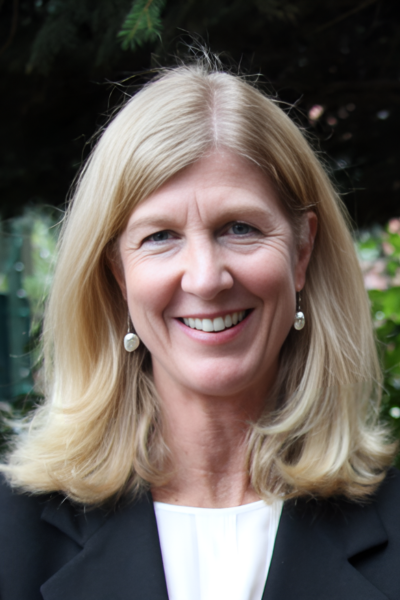Rebecca Smith-Coggins, MD
Stanford University
Biography
Dr. Smith-Coggins graduated from Cornell University with a BA, University of Pennsylvania with an MD and Northwestern University with board certifications in emergency medicine and internal medicine. She has been on the faculty of Stanford University from 1987 to present and has focused her efforts on medical education. In 1990, she wrote a successful ACGME application for an emergency medicine residency and served as the first residency program director at Stanford for 12 years. Dr. Smith-Coggins has mentored over 100 EM residents, continuing the relationship into their junior and even senior faculty years for several individuals. She was one of the first members of the SAEM Council of Residency Directors (1990) and remained an active member for 25 years. She often mentored other program directors and served on several committees. Through this work, she was nominated for and served on the ACGME Emergency Medicine Residency Review Committee from 2001-2007. They were able to successfully usher in duty hours regulations and mandatory sleep rooms or rides home for EM residencies during this time. Dr. Smith-Coggins was nominated and became a member of the Board of Directors of the American Board of Emergency Medicine from 2007-2015 and is now a senior director. This role enables her to help ensure a high standard of care throughout the nation. She started the Stanford Simulation Fellowship in 2007 and served as the fellowship director mentoring nine fellows from 2007-2017. She also started the Physician Wellness Fellowship for Emergency Medicine in 2018 and has graduated two fellows since then. Dr. Smith-Coggins shifted to undergraduate medical education as her leadership focus and served as associate dean for Medical Student Life Advising at Stanford from 2006 to 2023. She started the Office of Medical Student Wellness with two full-time staff members in 2009, which was one of the first of its kind in the nation. She also started the Stanford School of Medicine Mental Health Team on the medical school campus with a psychiatrist and four therapists in 2019, which is also quite unique. They developed many programs including Ears for Peers which is a peer mentoring program.
Dr. Smith-Coggins’ research focus throughout her career has been on physician wellness. She initially studied the effect of night shifts on EM physician’s sleep, performance, and mood. After a decade of grant writing, researching and writing on this, she moved to other topics including resident duty hours, simulation of crises management training, chaplains’ support, return to work policy for resident parents, among other topics. Dr. Smith-Coggins has spent the last decade researching mistreatment of residents and medical students. She started and chaired the Stanford Respectful Educator and Mistreatment Committee to raise awareness of mistreatment in our medical communities and create an avenue for residents and students to report mistreatment in a way that will help avoid fear of retaliation. She created a curriculum on this, tested it, published it and presented the results at the Association of American Medical Colleges national meeting. Dr. Smith-Coggins has trained 17 mistreatment coaches from many departments to be able to mentor individuals in their departments who have been identified by students and residents to have offensive behavior or language. She has been an advisor to other institutions including Johns Hopkins, that are setting up mistreatment programs, as well. For 35 years, Dr. Smith-Coggins has been advocating for physician wellness from a time when it was often met with eye-rolling until now when it is recognized nationally as a key topic in medicine. She finds it very rewarding to have been a small part of this movement.

